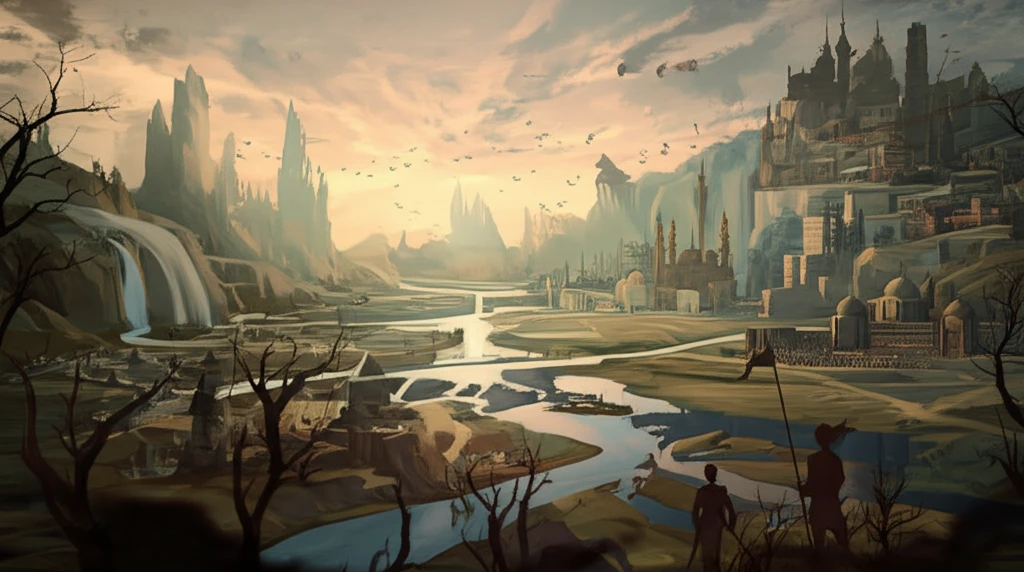
Unearthing India's Ancient Tapestry: A Journey Through Dynasties, Invasions, and Empires
"From the Egyptians to the Mughals, discover the historical currents that shaped the Indian subcontinent and its enduring legacy."
India, a land of vibrant cultures and ancient mysteries, holds a history as deep and layered as the earth itself. Civilizations have risen and fallen on this subcontinent, each leaving an indelible mark on its people, traditions, and landscape. From the earliest maritime explorers to the powerful Mughal emperors, India's story is one of constant change, resilience, and remarkable achievements.
This exploration of India’s past seeks to unravel the complex threads of its historical narrative, highlighting the key dynasties, significant invasions, and transformative empires that have shaped its identity. We'll journey through time, examining the forces that propelled India to both great heights and devastating lows, all while considering the enduring legacy of these events.
Understanding India's past is crucial to appreciating its present. By examining the intricate web of historical interactions, we can gain insight into the cultural, social, and political dynamics that continue to influence this dynamic nation.
Early Navigators and the Dawn of Indian History

The story of India's interaction with the world begins with the Egyptians and Phoenicians, who were among the first to establish maritime trade routes. Herodotus, often hailed as the father of history, provides some of the earliest accounts of India, though his knowledge appears limited to the regions bordering Persia. The aversion of ancient Indians to disclosing their history, often intertwined with religious beliefs, shrouds much of their past in mystery.
- The Egyptians and Phoenicians established early sea routes to India.
- Herodotus provided early historical accounts.
- The Persian Empire conquered parts of western India.
- Alexander the Great's expedition expanded European knowledge of India.
Echoes of the Past
India's history is a testament to the enduring power of cultural exchange, adaptation, and resilience. The rise and fall of empires, the impact of foreign influences, and the constant interplay of diverse traditions have shaped the unique character of this nation. By understanding its past, we can better appreciate the complexities and richness of its present, and gain valuable insights into its future trajectory.
